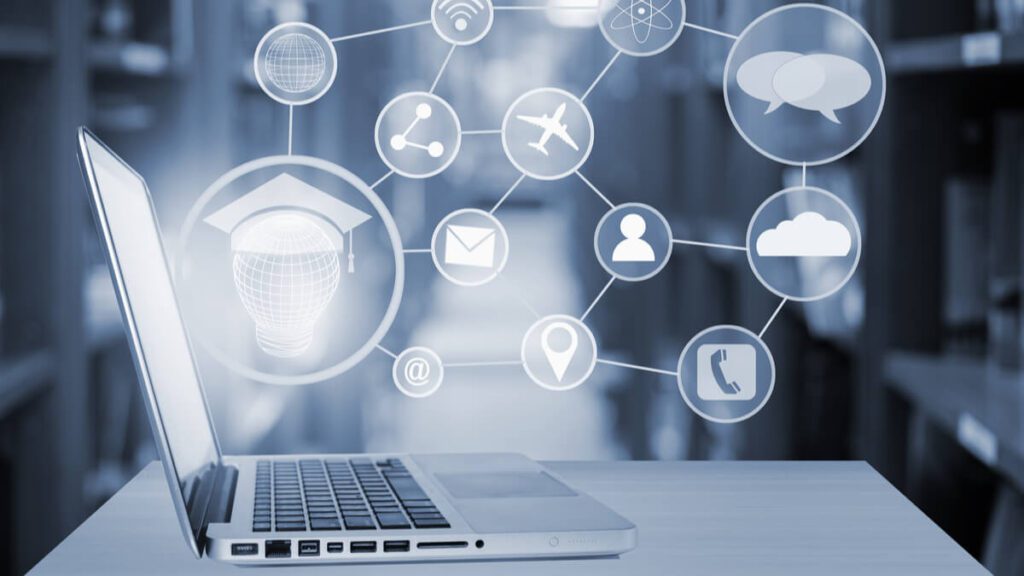
On September 21, 2020, Korean top mobile operator SK Telecom Co. has announced its partnership with the Gwangju Metropolitan Office of Education aiming to offer a remote education service for students stuck at home amid the Covid-19 pandemic.
According to the operator, the service will be used by around 20,000 students at 312 schools in the city located 300 kilometers south of the capital. Based on the mobile carrier’s existing MeetUs Video conference platform, the service will make use of 5G and Artificial Intelligence technology to ensure high-quality video conferences and offer other educational features such as surveys and tests, according to The Korea Bizwire. MeetUs was launched in August and can be used to offer presentations and share content with around 100 people.
The company’s move comes after an introduction of mix and in-person classes in South Korea to curb the spread of the virus. At the end of August 2020, South Korea ordered the closure of all schools and kindergartens in the greater Seoul area, according to BBC.
SK Telecom is not the only Korean mobile carrier that introduced the remote education scheme. In fact, LG Uplus, considered the third-largest mobile carrier in Korea, has introduced a mobile app service for elementary school students. Moreover, KT Corp. has collaborated with Signong Group aiming to create educational content using Artificial Intelligence technology.
Online learning has become part of the educational process since the spread of the Covid-19 pandemic. Choi Won-hwi, who works in the South Korean education ministry division overseeing teacher instruction said, “We prepared for remote learning because of the Covid crisis, but now it will be a permanent part of the educational process”, according to The Wall Street Journal. In response to the Covid-19 pandemic, the Ministry of Education has allocated more than $110 million for developing online learning tools such as textbooks. Moreover, the government has requested the telecom carriers to give free online access to educational websites for Korean students.
On September 11, 2020, the Ministry of Education announced its plan to transition to e-textbooks for third and fourth-grade students in 2022. Higher grades would be covered starting 2023, according to The Korea Herald.
Global education market intelligence firm, HolonIQ, states that the expenditure on education technology is expected to reach $341 billion by 2025.